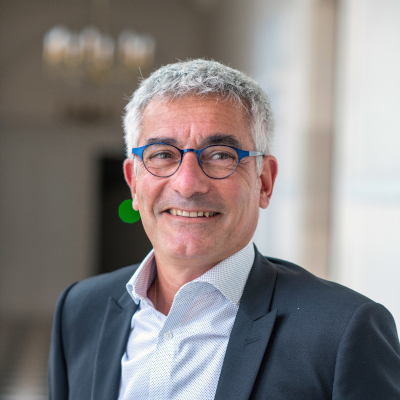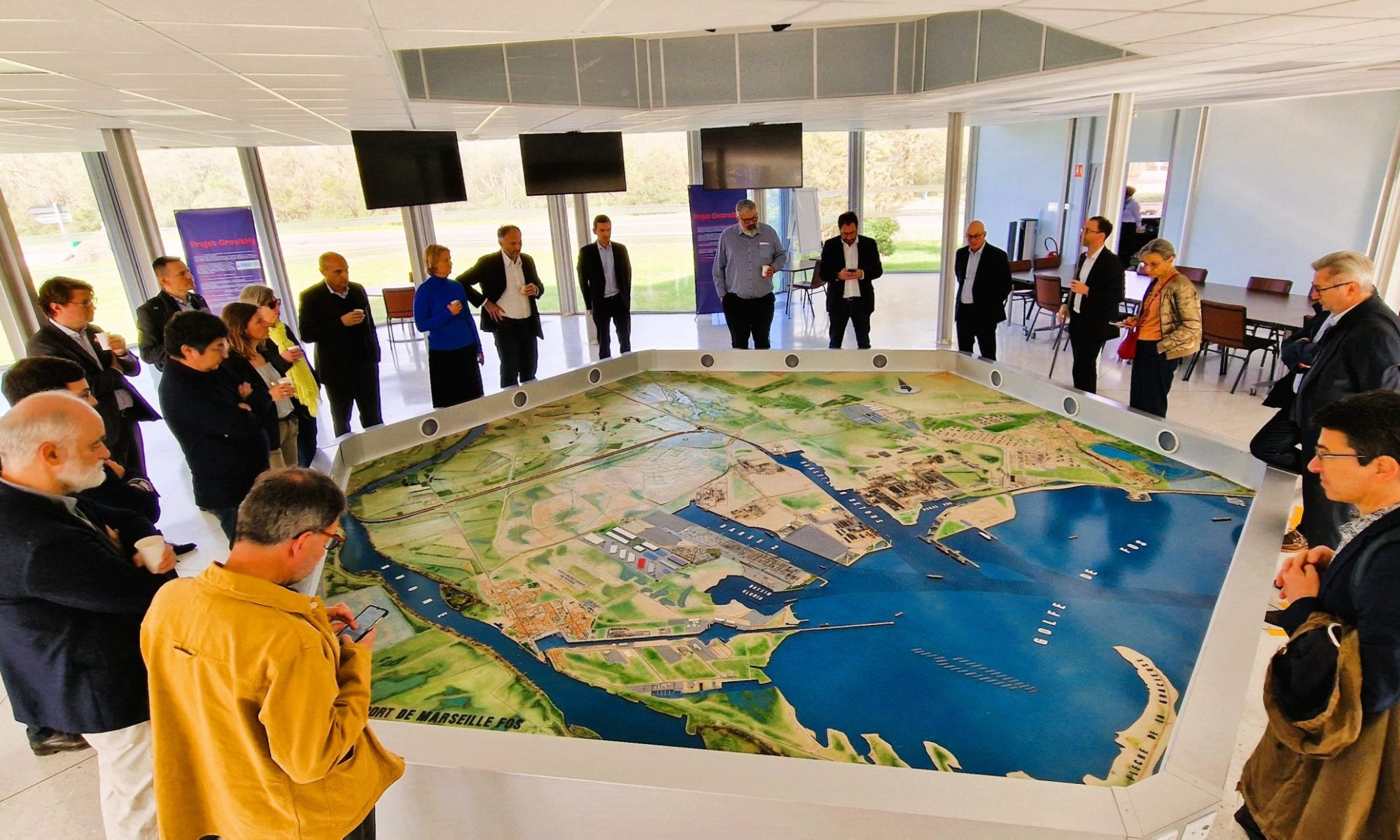Metropolises and health
In the era of so-called “global” health, metropolises hold many advantages when it comes to developing health policies.

The World Health Organization defines it as “a state of complete physical, mental, and social well-being, [which] does not consist merely in the absence of disease or infirmity.” This definition raises questions about the multiple factors that determine health at all ages.
However, while health is not strictly speaking the task of metropolises, they do act in areas that clearly pose public health challenges, such as air quality, noise, water, allergens, flooding, pollution, and so on. These are all issues, related to the living environment and the environment that promotes health, on which they are increasingly being addressed by the population.
After the City of Nantes in 2014, Nantes Métropole laid the first foundations for a metropolitan health policy already in 2021, which is now well-structured. The health crisis has encouraged this approach, revealing worrying mental health problems, increased risk factors (isolation, age, sedentary lifestyles, etc.), and persistent inequalities in access to healthcare and a healthy and varied diet.
Our discussions at this 32nd meeting of the BEST network confirmed that the issue of global health already deeply permeates existing metropolitan policies, in the areas of urban planning, food, the fight against poverty, the environment, etc. As one of us observed, “there are many issues we can work on” (but healthcare system management is clearly not one of them). And it is likely that this perspective, which has yet to be fully embraced, will become increasingly assertive, given the level of concern our fellow citizens have for their health.
Last but not least, at a time when construction of the new Nantes University Hospital is in full swing, at the heart of an ecosystem conducive to innovation, I cannot conclude without recalling that the healthcare sector is also a major economic issue for our regions.
I warmly thank all the speakers and colleagues who made this Nantes meeting a moment of high intellectual intensity and conviviality.
Olivier Parcot, Director General of Services for Nantes and Nantes Métropole
PROGRAM
Healthcare System and Territories
Why Redesign the Healthcare System?
Observations and proposals from the Institut Santé (IS), a research centre dedicated to this issue.
> Guillaume BAILLY, cardiologist, member of the IS board.
Strengthening State – Local Government Cooperation for Access to Care
The territorialization of the healthcare system has not yet produced the expected effects, even though the concept of “global health” supports a greater role for local governments.
> François MENGIN LECREULX, Director General of the Normandy Regional Health Agency.
Public Health Issues and Healthcare Management
An aging population, a psychiatric crisis, and medical deserts… require a rebalancing of the roles of community medicine, hospitals, and paramedical professions, with a major role for local authorities.
> Jérôme JUMEL, Director General of the Pays de la Loire Regional Health Agency.
Metropolitan Public Health Policies
One Health in Nantes Métropole
The One Health concept, or how Nantes Métropole assumes its responsibilities in public health and thereby meets citizens’ expectations.
> Olivier PARCOT, Director General of Nantes and Nantes Métropole
Upstream and Downstream Integration of Public Health Policy in the Lyon Metropolis
How the Lyon Metropolis leverages its departmental expertise to reach out to residents. Focus on the fight against water pollution.
> Anne JESTIN, Director General of the Lyon Metropolis
Health and Precariousness
In Nantes, the testimony of two associations that facilitate access to care for people in precarious situations.
> Cécile COUTANT, Head of Forges Médiation.
> Malika DARMOUNGAR, Founding Director of Altersoin 44 and Pascale SCILBO, Volunteer Receptionist.
Meeting with Johanna ROLLAND, Mayor of Nantes and President of Nantes Métropole.
The University Hospital and the Healthcare Sector
What role for university hospitals today?
Conceived in 1958, the concept of the university hospital centre must adapt and, contrary to popular belief, it does not lack advantages.
> Philippe EL SAÏR, President of the Conference of CEOs of French University Hospitals.
The new Nantes University Hospital
Challenges met by the largest hospital project in Europe: the 21st-century hospital soon to be operational.
> Philippe EL SAÏR, Director General, and Étienne BENDJEBBAR, Head of the Innovation and Development Department, at Nantes University Hospital.
Station S: Tour of the GINA Building
Attached to the new University Hospital, the future Station S is a healthcare innovation campus capable of housing 1,000 stakeholders (researchers, entrepreneurs, healthcare professionals, etc.).
> Joëlle MARTIN GAUTHIER, Project Manager at the Higher Education, Research, and Innovation Department of Nantes Métropole.
The healthcare ecosystem in the Nantes metropolitan area
Nantes Métropole’s actions to structure links between universities and businesses in the health and digital fields.
> Francky TRICHET, Vice President of Nantes Métropole in charge of innovation
The Nextmed healthcare innovation accelerator in Strasbourg
An example of public-private cooperation supported by the Strasbourg Eurometropolis.
> Bruno KOEBEL, Director General of the Eurometropolis and the City of Strasbourg
Conclusion
Local Authorities and the Health of Tomorrow: Towards Strengthened Commitment and Necessary Reforms
General discussion and conclusion.
> Olivier PARCOT, Director General of Nantes and Nantes Métropole, for a brief introduction.
Photos : DR

